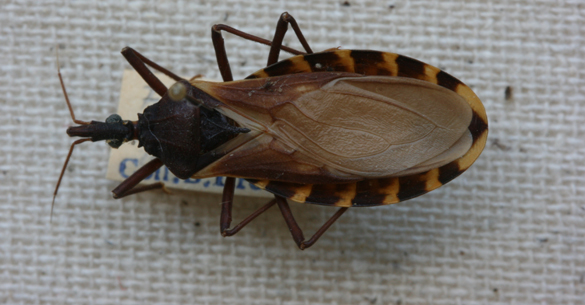The most readily accepted theory of evolution states that
organisms have inherited their genes from their ancestors, but that isn’t the
whole story. Scientists have discovered horizontal gene transfer between
insects and humans. They have found evidence of transposons that have been
passed to us through parasitic protozoa which live inside blood sucking insects.
These transposons are able to cause mutations to the genome by changing the structure
and function of the affected DNA.
These
transposons have been making their way into multicellular organism’s DNA for
millions of years, including mammals. In fact, it is said that half of the human
genome is made up of transposons. This type of evolution is very common in
bacteria. However, this radically changes our view of eukaryotic organism
evolution, as it demonstrates how genes were attained laterally from a variety
of different organisms as well. The frequency of change to the genome is likely
to be much higher in areas of dense insect population, such as South America. In
areas such as these there is a lot of biodiversity and a plethora of biting
insects that carry the protozoa that have the possibly of changing our genes
forever.

No comments:
Post a Comment